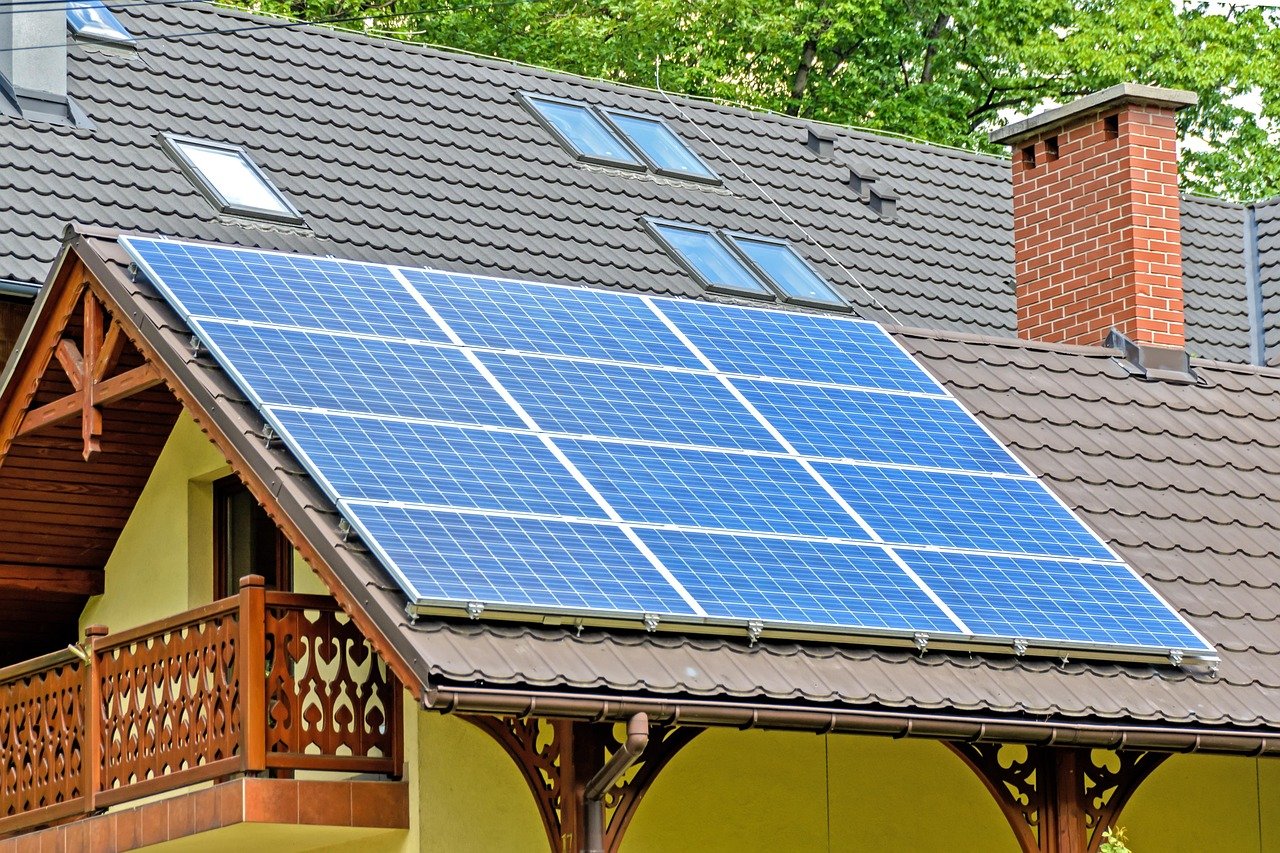
Across the UK, a quiet revolution is unfolding behind brick façades and cottage doors. British homeowners are embracing sustainability not just as a trend, but as a way of life — with rooftops glinting with solar panels and sheds stocked with tools for insulation, rainwater harvesting, and even homemade compost bins.
As the cost-of-living crisis bites and climate awareness surges, households from Cornwall to Cumbria are taking action. According to a recent report from the Energy Saving Trust, more than 1.3 million UK homes now generate their own renewable electricity via solar photovoltaic (PV) panels — a number that has tripled since 2014.
“It’s not just about saving the planet,” says Lily Morton, a 42-year-old homeowner in Kent who retrofitted her 1930s semi with solar panels and wall insulation. “It’s about regaining control — financially and practically.”
But it’s not just the tech-savvy making the shift. Across working-class estates and rural hamlets, a DIY ethos is taking hold. Online forums and YouTube channels focused on eco-repairs, like draught-proofing windows or installing greywater systems, have seen a spike in traffic. Local councils in cities like Sheffield and Bristol are offering “green tool libraries” — free borrowing schemes for drills, saws, and sealants — to encourage community-led retrofits.
Meanwhile, builders’ merchants report surging sales of insulation board, recycled timber, and eco-friendly paints. “There’s a growing appetite for doing it yourself,” says George Patel, manager at an independent hardware store in Greater Manchester. “It’s cheaper, and it feels good to get your hands dirty for a cause.”
One emerging trend is the reuse and repurposing of old materials — a sustainability practice that’s also financially practical. Entire online marketplaces now trade in second-hand bricks, salvaged timber, and even pre-loved bathroom fittings. For many, it’s a return to traditional British thrift, now powered by modern apps.
Under the UK government’s ECO+ scheme, low-income households can apply for grants covering part of the cost of home energy efficiency upgrades. Applications have surged since the scheme's expansion in late 2024.
Yet, challenges remain. Not all homes are suitable for certain green upgrades, and upfront costs, even with government support, can be steep. Moreover, critics warn of greenwashing by some service providers who overpromise on benefits.
Still, a growing body of evidence suggests that the shift is more than superficial. Eco-consciousness is now built into British living rooms — whether through smart thermostats, LED bulbs, or conscious consumption. A 2025 YouGov survey found that 68% of UK homeowners consider sustainability when planning home renovations.
Join thousands of UK professionals who count on Zaheloe for fresh insights, market trends, and expert analysis — your daily advantage in a rapidly evolving world.
Begin Your Journey NowIn Scotland, entire neighbourhoods are being designed with sustainability at the core. Passive house designs, community solar cooperatives, and even shared car-free streets are setting a new blueprint for urban living. “What was once niche is now becoming normative,” says urban designer Fiona McCallum, who is leading a new zero-carbon village project near Dundee.
It’s a cultural as much as a structural change. From eco-friendly birthday parties to zero-waste kitchens, the domestic sphere is increasingly an extension of Britain’s environmental values. And while government policy and private industry continue to grapple with big-scale climate questions, many Brits are proving that meaningful action often starts at home — screwdriver in hand.